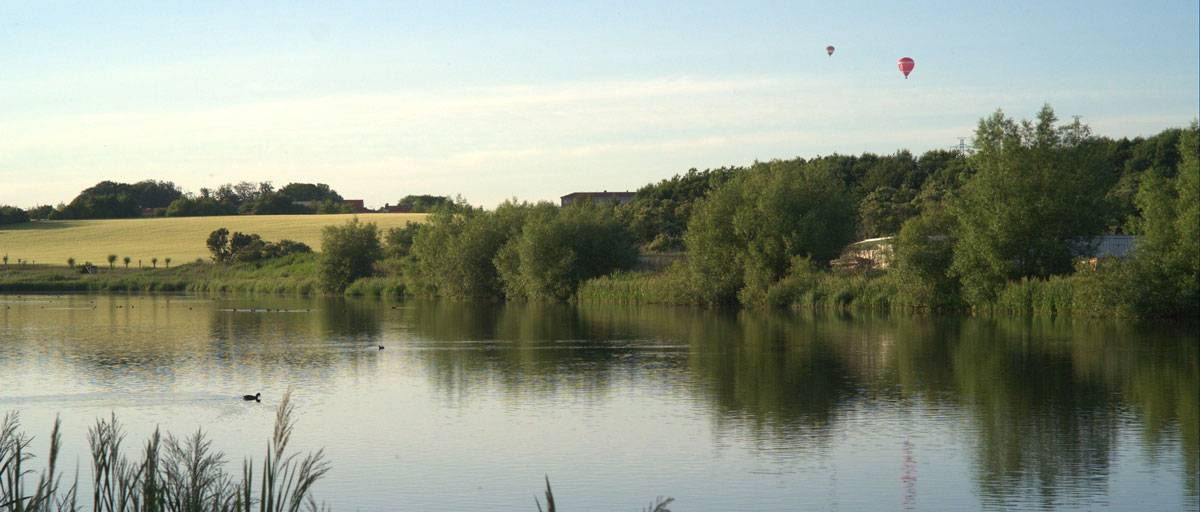The importance of transient social dynamics for restoring ecosystems beyond ecological tipping points
Summary
Managing regime shifts is often associated with “turning back from the brink” assuming that once a system has transgressed a tipping point, it moves unavoidably toward the undesired state. We show that a regime shift is rather a slippery slope that can be managed and even reversed when transient dynamics and time lags in the coupled social-ecological system are taken into account.
We constructed an empirically based simulation model that includes the combined effect from nonlinear ecological dynamics and human adaptation. Delayed policy response and slow implementation introduce time lags that can strongly affect lake restoration time.
Our model demonstrates how time lags in municipal policy making can be compensated for by individual action mediated through social pressure.







